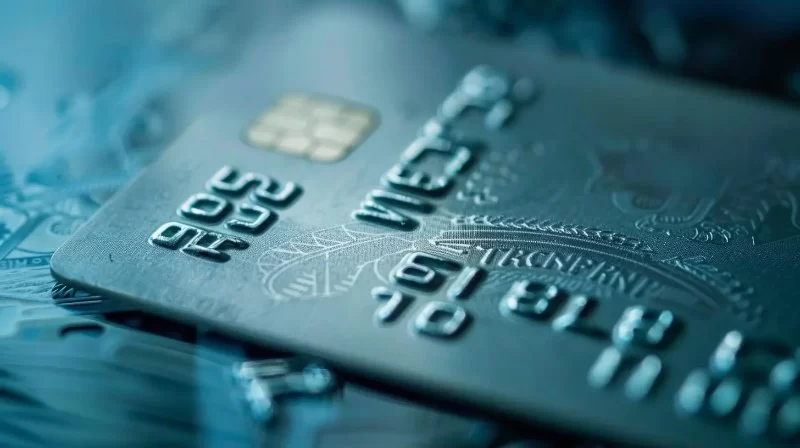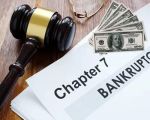
- what-counts-as-credit-card-fraud-legally
- types-of-credit-card-fraud-recognized-by-law
- penalties-and-legal-consequences
- real-cases-of-credit-card-fraud-and-lessons-learned
- what-to-do-if-youre-a-victim-or-accused
1. What Counts as Credit Card Fraud Legally
Credit card fraud refers to the unauthorized use of another person's credit card information for the purpose of making purchases or withdrawing funds. Under U.S. federal and state laws, this is considered a serious financial crime that can lead to felony charges depending on the amount of loss and the intent behind the act.
Legally, credit card fraud may involve stolen physical cards, unauthorized access to card numbers, phishing schemes, or even identity theft. Fraud isn’t always about huge criminal operations—something as simple as using a relative’s card without permission can cross into criminal territory.
For anyone who’s unsure whether a situation qualifies as fraud—or is being accused unfairly—ESPLawyers can provide the clarity and legal guidance needed to take the right next steps.
2. Types of Credit Card Fraud Recognized by Law
2.1 Application Fraud
This occurs when someone opens a credit card account in another person's name using stolen personal information such as Social Security numbers and birthdates. It's a form of identity theft and often goes undetected until a victim notices unusual credit activity.
2.2 Account Takeover Fraud
In this case, the fraudster gains access to an existing credit card account—often through data breaches or phishing emails—and begins making unauthorized charges. Victims may be unaware until their statements show strange activity or their cards are declined.
2.3 Card Not Present (CNP) Fraud
One of the most common types today, CNP fraud involves using stolen card information to make purchases online or by phone. Because the card isn’t physically present, these transactions are harder to detect and easier for criminals to execute.
2.4 Counterfeit or Skimming Fraud
This method involves duplicating card data through illegal devices installed on ATMs or gas pumps. Skimming collects magnetic strip data, which is later used to clone cards and make fraudulent transactions.
2.5 Friendly Fraud
Also known as chargeback fraud, this occurs when a cardholder makes a legitimate purchase and then disputes the charge with their bank to get a refund—essentially stealing from the merchant. Though it may sound minor, it’s prosecutable under credit card fraud laws.
3. Penalties and Legal Consequences
3.1 Federal vs. State Prosecution
Depending on the circumstances, credit card fraud may be prosecuted at the federal or state level. Federal charges are more likely when the fraud involves interstate commerce, large-scale operations, or online activity crossing state lines.
3.2 Misdemeanor vs. Felony Charges
Penalties depend on the amount stolen, the number of victims, and prior offenses. A low-level fraud involving a small amount might be charged as a misdemeanor, while larger or more complex schemes typically result in felony charges, punishable by years in prison and heavy fines.
3.3 Civil Liability and Restitution
In addition to criminal penalties, offenders may be required to pay restitution to victims and could face civil lawsuits. Businesses defrauded by chargebacks or fraudulent purchases may sue for damages.
4. Real Cases of Credit Card Fraud and Lessons Learned
4.1 The TJX Data Breach Case (2007)
One of the largest U.S. retail data breaches, this case involved hackers who stole data from over 45 million credit cards. The breach led to widespread fraudulent purchases and a major shakeup in payment security standards. Several of the hackers were eventually convicted and sentenced to lengthy prison terms.
4.2 College Student Impersonation Scheme
In a more recent case, a student in Florida was arrested for using classmates’ personal data to apply for credit cards and rack up thousands in electronics purchases. The individual faced multiple felony charges, even though many of the transactions were under $1,000 each. The case illustrates how even relatively small frauds can lead to major legal consequences.
4.3 The Friendly Fraud Epidemic in E-commerce
Several online businesses have faced increasing losses due to “friendly fraud”—customers receiving products but filing false disputes. While chargebacks are intended to protect consumers, abuse of the system has led merchants to pursue civil claims, and in some cases, law enforcement has stepped in.
5. What to Do If You’re a Victim or Accused
5.1 If You're a Victim
Act quickly: report the fraud to your card issuer, freeze your credit if necessary, and file a police report. Federal agencies like the FTC and FBI also accept fraud reports. Document everything—you may need it if the case goes to court or if you face financial consequences from the activity.
5.2 If You're Accused
Being accused doesn’t automatically mean you’re guilty. Cases of mistaken identity, shared accounts, or disputed transactions are not uncommon. Whether it's a misunderstanding or something more complex, you need legal counsel. Early legal intervention can often prevent a bad situation from spiraling into formal charges.
5.3 How ESPLawyers Can Help
Whether you're fighting wrongful accusations or trying to recover losses from a fraudulent transaction, ESPLawyers provides experienced legal support. Their attorneys specialize in financial crime, consumer protection, and cyberlaw, helping clients navigate complex legal systems with confidence.








